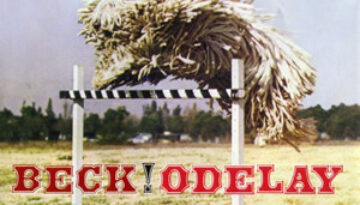Odelay by Beck
Buy Odelay Odelay is a rich sonic tapestry which incorporates elements of grunge, punk, folk, country, blues, rap and other elements, including a heavy use of sampling from established songs. The album was […]

Buy Odelay Odelay is a rich sonic tapestry which incorporates elements of grunge, punk, folk, country, blues, rap and other elements, including a heavy use of sampling from established songs. The album was […]

Buy Mutations For his sixth studio album, Beck and company decided to move in a decidedly non-commercial direction. The result is the lo-fi, psychedelic-oriented potpourri of Mutations. Released in late 1998, the songs on […]